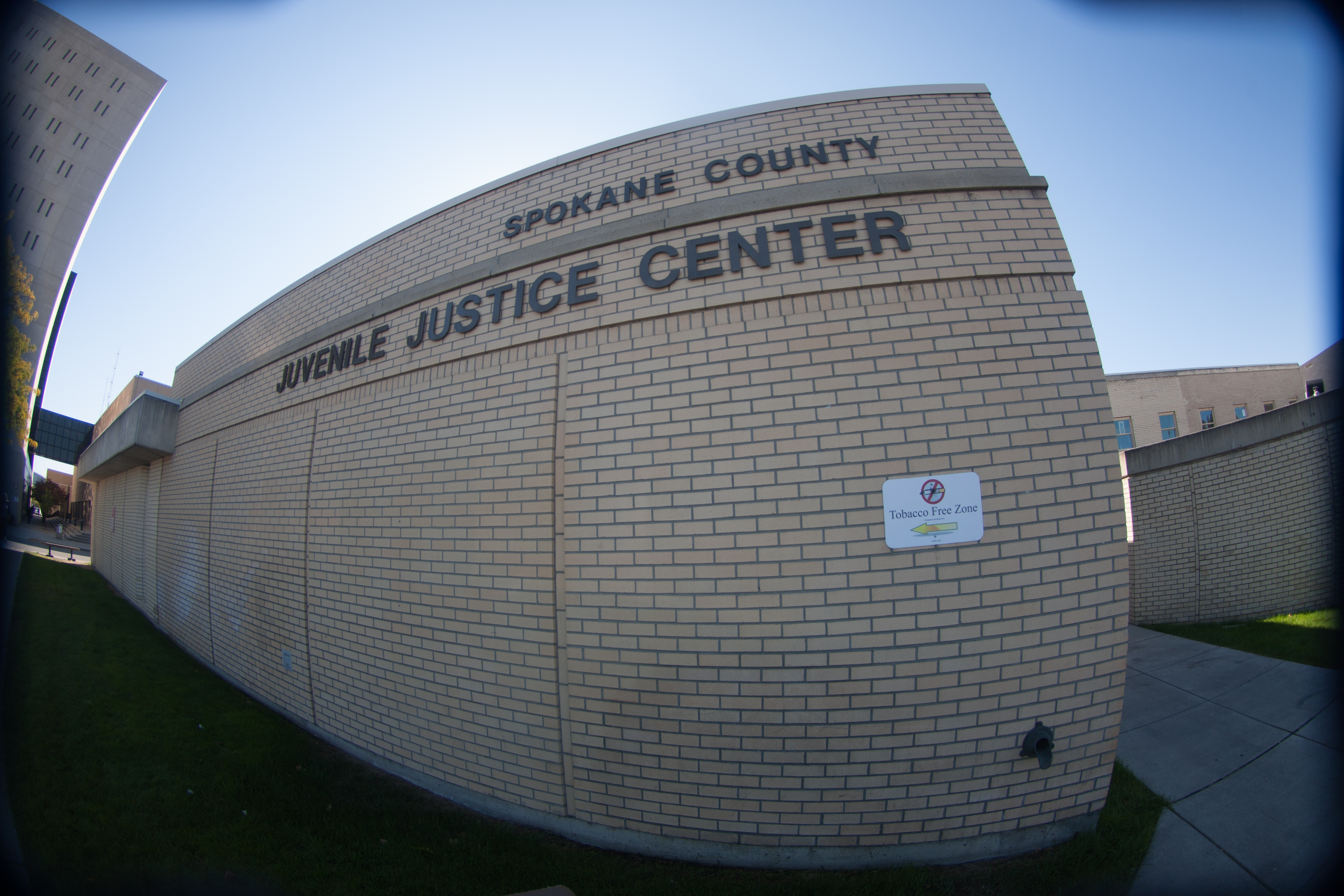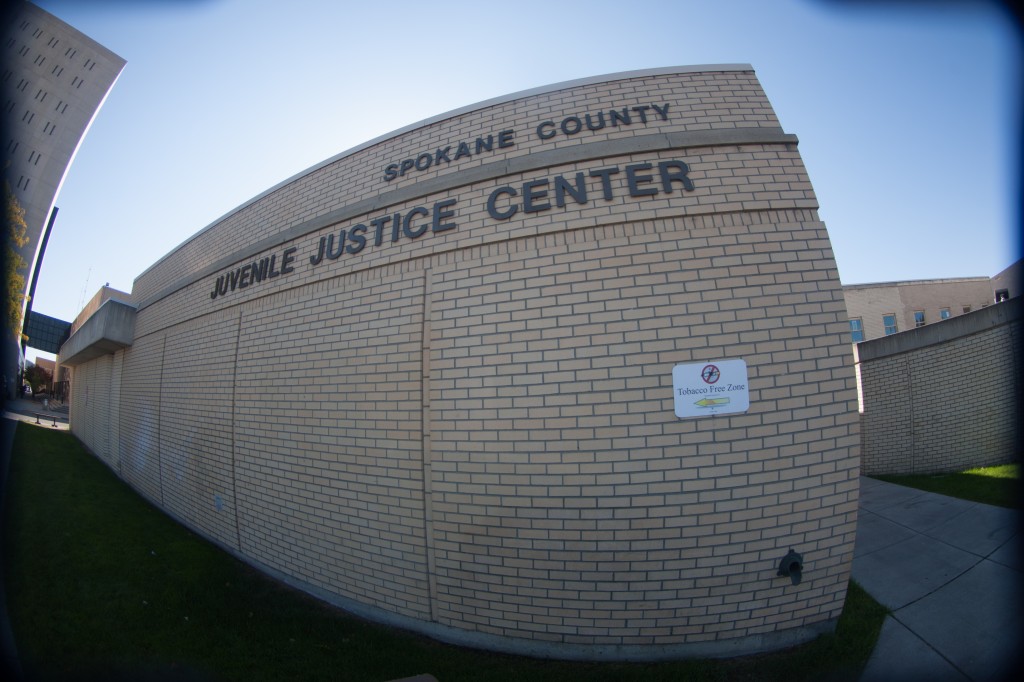Within the last year the rate of violent crimes in Spokane has risen 40 percent, according to Krem 2 news. Many of these crimes involve the city’s youth.
Some of these juvenile crimes have included the murder of WWII vet Delbert “Shorty” Benton, and an attempted murder involving a 13 and 14 year-old, who claimed to be under the influence of prescription drugs. This influx of crime has citizens questioning what Spokane offers to help troubled teens.
Spokane currently lacks youth clubs and organizations, and many teens need after-school activities to keep them off the streets. Teens on the streets are at greater risk of being influenced by drugs and violence.
“Spokane doesn’t really have many places to go that are fun. Unless you’re 21 the city is dead at 5:00 at night,” said HaliRaye Battin, a Spokane native and a current SFCC Gateway student. “I started to party when I was 15, and it seemed house parties were the only source of entertainment for teenagers my age. Things like movies cost money, and as a broke student its hard to find things to do.”
Alene Alexander is the program manager for the “Passport to College” program at SFCC. Alexander has been working with at-risk and foster youth for nine years.
“Spokane had a street youth-outreach program through Volunteers of America (VOA), but they lost their funding about a year and a half ago. I feel like that has contributed to the influx of youth in Spokane who are street kids that have no where to turn,” said Alexander. “I think they need to put that program back in.
“There is Crosswalk, which gives teens living on the streets a place to live. Mockingbird is a teen activist group, and there are other outreach groups in our community.”
“Spokane’s main youth outreach programs have been shut down due to lack of funding,” said VOA Director of Youth Services, Bridget Cannon. “The youth outreach program recently shut down due to lack of funding, but was a great source of support to the youth in Spokane living on the streets.
“In Washington state alone 17% of youth ages 16-24 are living on the streets and are involved in crime, and never graduated high school,” said Cannon.
There are many ways to get involved to help at risk youth. From donations at your local food banks and/or clothing drives, to being a mentor through Big Brothers and Big Sisters. Cannon also mentioned that Crosswalk is always looking for volunteers and individuals to walk around and hand out fliers to teens on the street so they’re aware of resources available to them.


